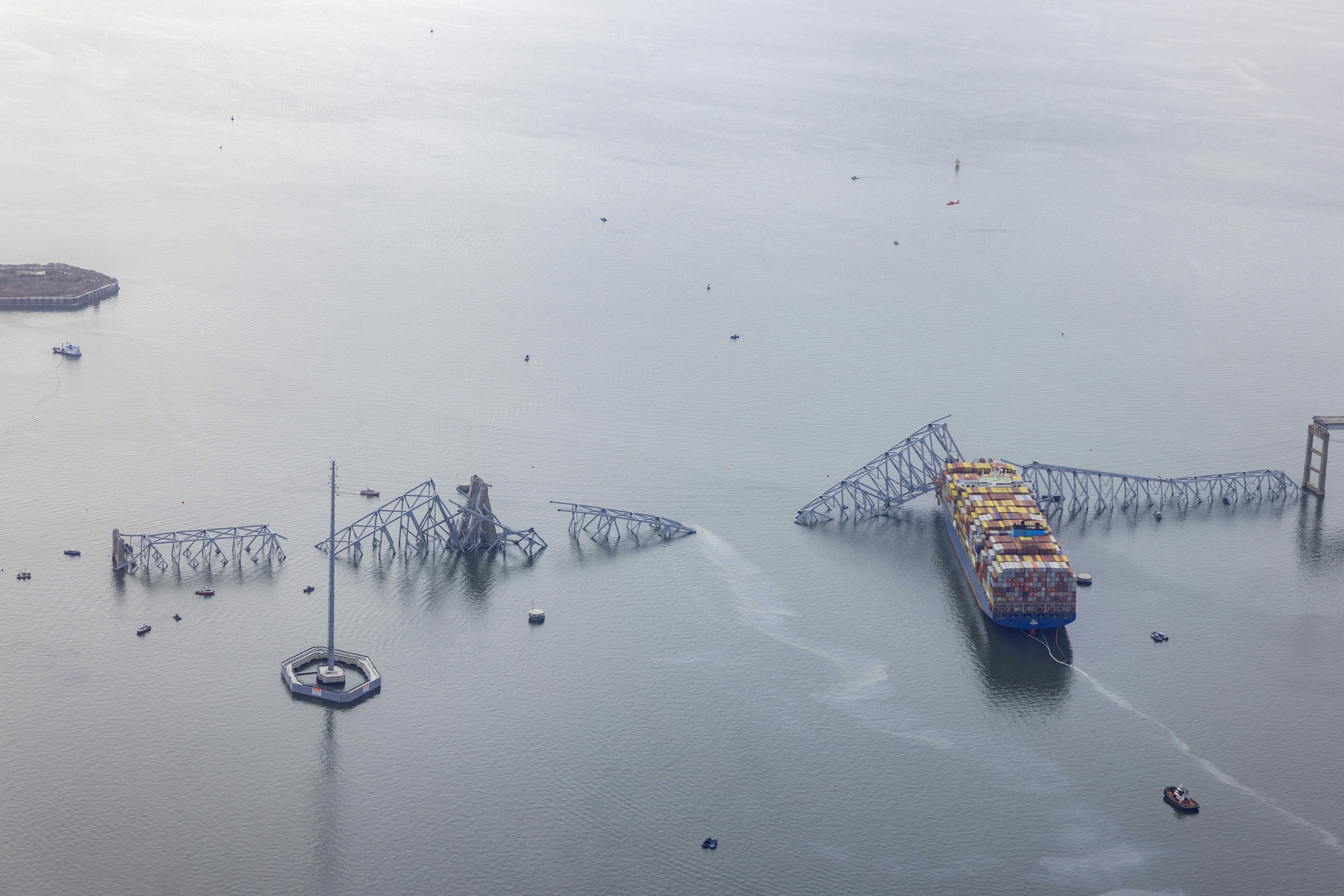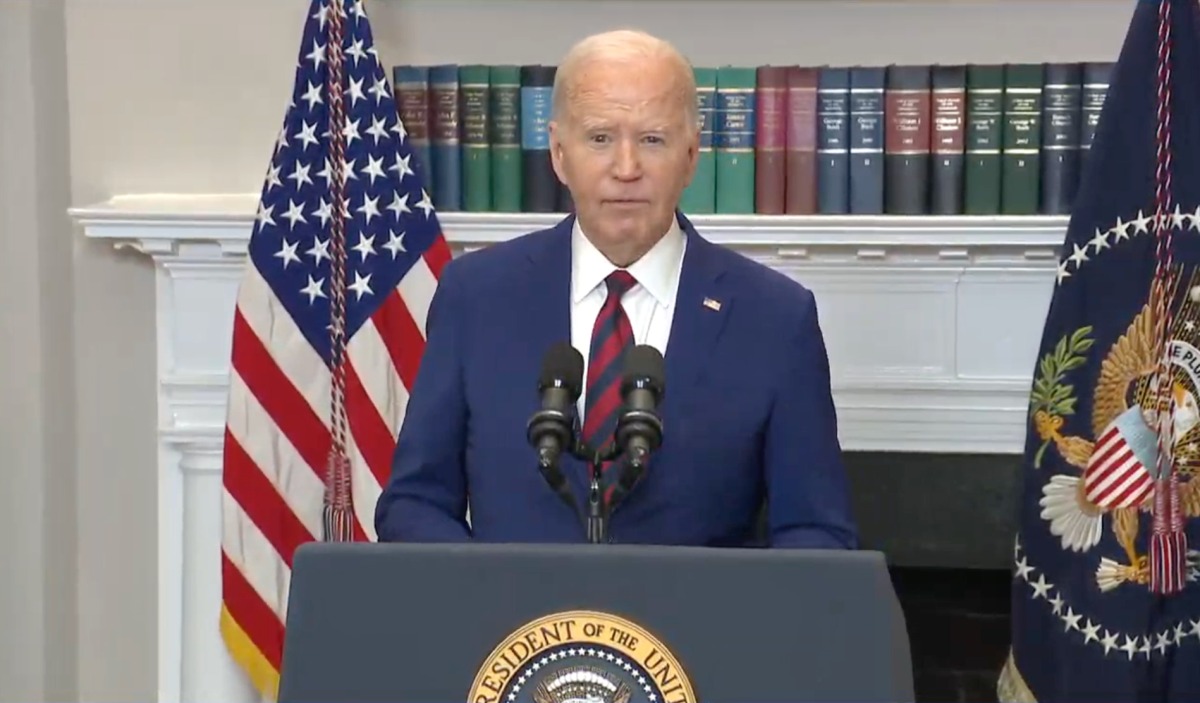During the early hours of Tuesday, an incident occurred: the Francis Scott Key Bridge in Baltimore sustained severe damage following a collision with the cargo vessel, the Dali, resulting in its collapse into the Patapsco River.
According to a supply chain expert interviewed by Newsweek, this incident has temporarily halted operations at Baltimore’s primary port, causing concerns over daily losses estimated at around $9 million.
Baltimore’s port, a vital hub for shipping activities, is crucial in importing and exporting automobiles, light trucks, and construction materials in the United States. It also holds significant positions nationally for coal exports and coffee imports.
The port’s contribution to Baltimore’s economy is substantial, supporting over 15,000 jobs and generating $2.6 billion in business income annually. With 50 ocean carriers facilitating approximately 1,800 voyages yearly, the sudden pause in shipping activities impacts a broad spectrum of industries.

Maryland Governor Wes Moore addressed the incident and emphasized that the immediate focus was search and rescue operations for those affected by the bridge collapse.
The suspension of shipping introduces potential financial strains, affecting the automobile industry and manufacturing sectors reliant on the port for their supply chain operations.
Patrick Penfield, a professor of supply chain practice at Syracuse University, highlighted the disruption expected for East Coast supply chains, particularly for automobile and Midwest manufacturing companies.
The unavailability of the port necessitates rerouting shipments to alternative locations, such as the Port of New York and New Jersey or the Port of Savannah, Georgia, which could take weeks to implement effectively.
The accident also led to approximately eight construction workers falling into the water, with six still missing. Efforts to prevent further traffic over the bridge were aided by a mayday alert issued by the ship, a crucial step given that over 30,000 vehicles typically traverse the route daily.

The aftermath of the bridge collapse and port closure will undoubtedly affect supply chain timing, leading to delayed lead times and logistical challenges. The economic implications hinge on the speed with which repairs can be undertaken on the bridge, which has been a critical infrastructure piece since 1977.
President Joe Biden has pledged federal support for the bridge reconstruction, ensuring the government will cover the costs. This commitment is vital for restoring normalcy in the area and resuming commercial activities.
As authorities work to clear the debris and repair the damaged infrastructure, the focus remains on minimizing delays and facilitating the smooth movement of goods in and out of the region.


